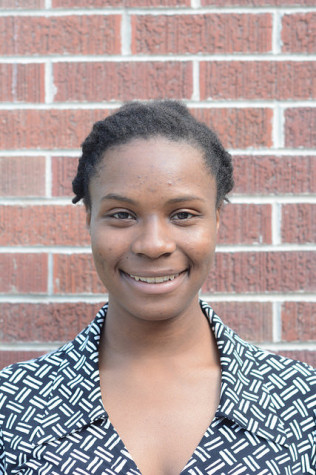Colleges should pick up the slack in sex education
February 16, 2015
Given the varied values and taboos surrounding sexuality in the U.S., it can be extremely difficult for educators to teach sex education to a diverse group of other people’s minor-aged children.
The result of the sex-ed controversy in the U.S. is that adults are starting college with an inadequate understanding of sexuality, gender and relationships. Ironically, controversy supposedly born out of concern for the health of American teenagers has stunted the very education that promotes their sexual health.
According to Elizabeth Kissling, Ph. D., of EWU’s Women’s and Gender Studies Program, studies have shown that “kids that are well informed, that have comprehensive, age-appropriate sex education actually tend to be more likely to postpone [sex], to be less likely to engage in risky sexual behaviors, than kids who have no sex education.”
Many organizations in the U.S. are working to promote comprehensive sex education at the elementary, middle school and high school levels. However, the discussion over what is age-appropriate and the layers of debate surrounding the ethics and goals of sex education are often complicated and heated, leading me to think that, in the meantime, the issue should be approached at the college level.
“What passes for sex education is usually about reproduction and disease,” said Kissling “They’re not coming to college with a lot of knowledge.”
According to Kissling, the majority of students who took an eighth-grade-level survey on sexuality were unable to answer all the questions correctly.
“It’s the legacy of the abstinence-only education of the mid-[1990s],” said Kissling, “You have a couple of generations graduating from high school thinking that contraceptives don’t work.”
So why not educate students once they arrive at college? Why not make sex education a part of the required curriculum for college graduation?
In the absence of a robust sex education, many students find answers online.
“The internet is a wonderful place,” said Alex Hernandez, an EWU student who sat in on the Sexual Diversity Panel for Sexual Health Awareness Week on Feb. 10.
Hernandez was responding to my question about how the members of the panel found information about their respective orientations and gender identities when sex education in both public and private schools in the United States tends to be heteronormative.
“Oh, and Tumblr!” piped up another panelist, to nods and affirmative murmurs from both the panel and the audience.
“I learn so much from Tumblr,” said Suzy Halberstadt, a junior and women’s and gender studies major.
I’d asked the question because I wondered if others, like me, had absorbed the bulk of their sexual education not in the classroom, but in informal venues such as internet discussion boards, teen health websites, Facebook groups and blogs. It seemed most of them had.
Of course, when I was doing all this independent research, I wasn’t looking into anything outside the heteronormative sphere. At the time, I believed myself to a straight, cisgender woman and simply wanted to understand my sexuality apart from the guilt, the purity culture and the focus on consequences that characterized my middle school sex education. So I took to the internet.
It was a perilous education, but good research skills and resources from people like YouTube educator Laci Green and online resources like Scarleteen and Everyday Feminism saw me through.
But not every teenager has private access to the internet, the research skills to separate myth from fact and the blind luck to run into communities that will embrace their questions and answer them kindly and knowledgably. What sex education teenagers do get is often limited to mechanics, neglecting the variety of sexualities, orientations, gender identities and essential concepts like consent, personal readiness for sexual activity and the dynamics of a healthy relationship.
If sex education were taught in college, students could be given the tools to better understand their own sexuality, empathize with the spectrum of sexual diversity and engage in healthy adult relationships.
Better late than never.








